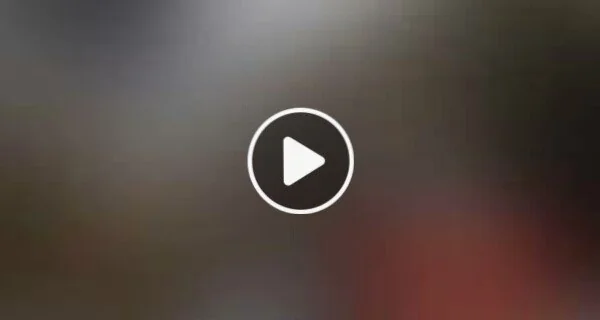Examining Harvard’s Plagiarism Problem: A Critical Analysis


In light of recent events surrounding allegations of plagiarism at Harvard University, it becomes imperative to delve into the intricate details of the accusations, their implications, and the broader questions they raise. We aim to dissect the issue meticulously, shedding light on the gravity of the situation while exploring the underlying factors contributing to such a predicament.
Unveiling the Allegations
At the forefront of these allegations is Shirley Greene, an administrator at Harvard Extension School, whose 2008 dissertation, “Converging Frameworks: Examining the Impact of Diversity-Related College Experiences on Racial/Ethnic Identity Development,” has come under intense scrutiny. The accusations suggest that Greene replicated over 40 passages without proper attribution, casting a shadow over her academic integrity. The severity of the issue is underscored by instances where Greene verbatim copied significant portions from other scholarly works, failing to adhere to standard citation practices.
The Blatant Nature of Plagiarism
One striking example of this blatant plagiarism involves Greene’s direct appropriation of excerpts from Janelle Lee Woo’s dissertation, “Chinese American Female Identity.” A comparative analysis reveals glaring similarities between Woo’s original text and Greene’s version, wherein entire paragraphs are reproduced without acknowledgment. Such instances not only undermine the principles of academic integrity but also raise questions about the authenticity of Greene’s research findings.
Escalating Concerns
The gravity of the situation is further compounded by the volume and nature of the allegations outlined in the formal complaint lodged against Greene. The document meticulously delineates numerous instances of alleged plagiarism, ranging from minor infractions to egregious violations of Harvard’s plagiarism policy. These transgressions not only call into question the credibility of Greene’s academic contributions but also tarnish the reputation of Harvard University as a bastion of scholarly excellence.
Ethical Implications
Central to this discourse are the ethical implications of plagiarism within the academic sphere. The failure to attribute ideas and properly cite sources not only constitutes intellectual dishonesty but also erodes the foundation of scholarly discourse. Moreover, the systemic nature of the allegations against multiple individuals raises concerns about the prevailing academic culture and the efficacy of oversight mechanisms within esteemed institutions like Harvard.
Addressing the Root Cause
Beyond the immediate ramifications of these allegations, it is imperative to address the underlying factors that may have facilitated such misconduct. While some may attribute these transgressions to individual lapses in judgment, a deeper examination unveils systemic issues within academia, particularly concerning diversity, equity, and inclusion (DEI) initiatives. The intersection of academic rigor and DEI advocacy underscores the need for greater accountability and transparency in scholarly pursuits.
Conclusion: A Call to Action
In conclusion, the allegations of plagiarism at Harvard University serve as a poignant reminder of the imperative to uphold the highest standards of academic integrity. As custodians of knowledge and seekers of truth, it is incumbent upon academic institutions to foster a culture of intellectual honesty and ethical conduct. By addressing the root causes of plagiarism and implementing robust measures for oversight and accountability, we can safeguard the integrity of scholarly discourse and uphold the principles of academic excellence for generations to come.
Disclaimer: This article has been generated by artificial intelligence (AI) and may not be 100% accurate or reflect the human point of view. The published images are not generated by AI. The information provided is for informational purposes only and should not be considered professional advice. It is recommended to verify the accuracy of the data and consult experts in case of doubts or need for specific information. We are not responsible for any damage, loss or injury that may result from the use of this information.












